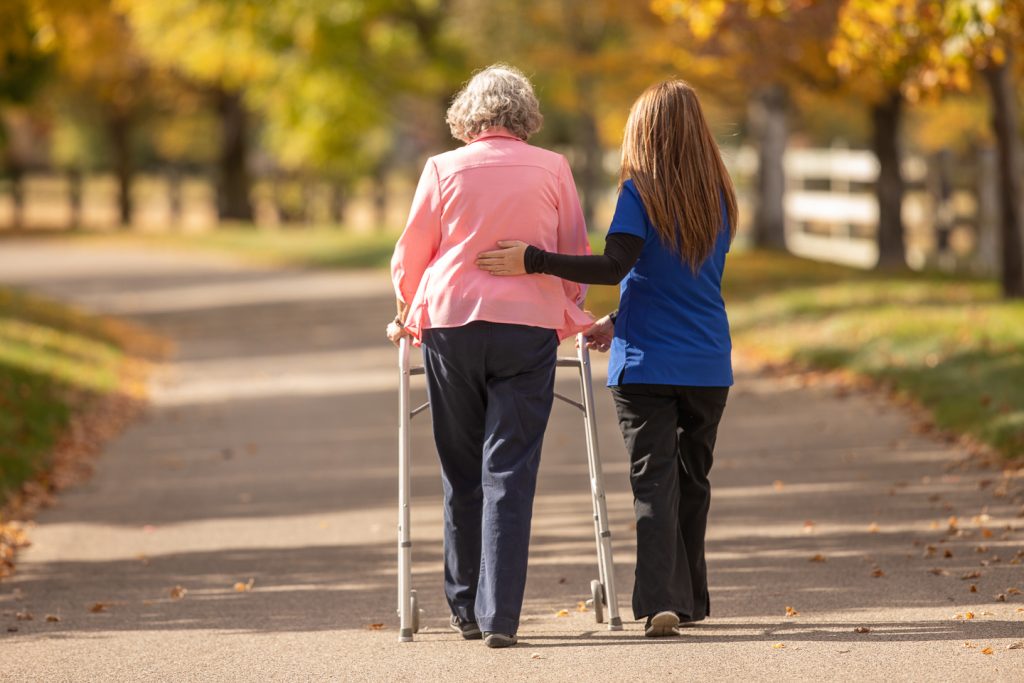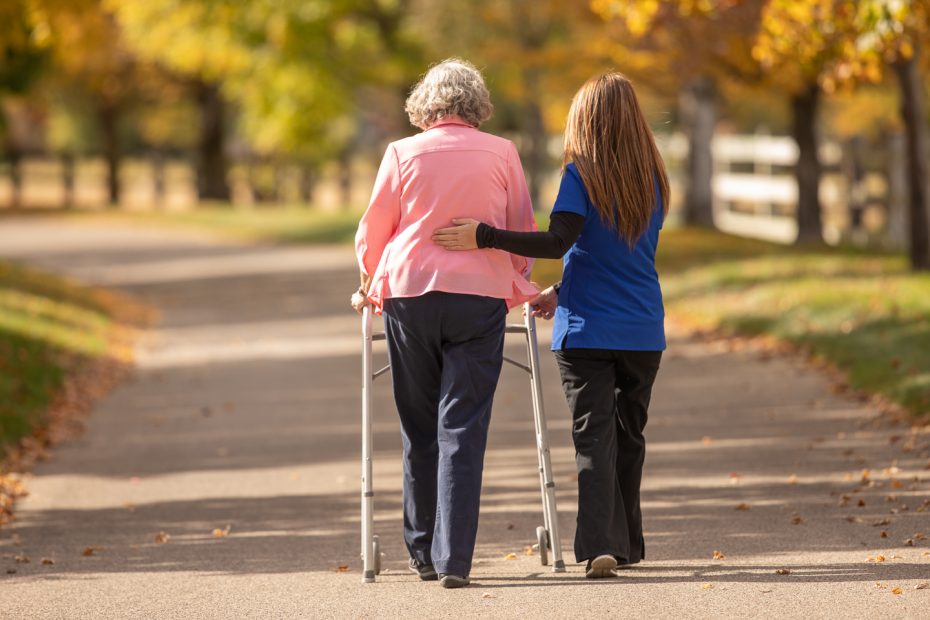
Americans aged 65 and over make up a large segment of the population. The number of seniors will continue to increase in the future. As a result of this growing demographic, the National Prevention Strategy was released. Its aim is to improve the overall health and well-being of American seniors.
How fast is the senior population growing in the US?
By 2030, the number of people aged 65 and over will reach 74 million. Americans who are 65 today can expect to live another 19 years. Growing older comes with unique challenges, but healthy aging can be achieved with assistance from programs, like Social Security, Medicare, and Medicaid.
In the US, seniors are a growing proportion of the population. Declining fertility rates, improvements to health and longevity, and the aging of the baby boomer generation contribute to the over 46 million seniors today and the projected 74 million seniors by 2030.
What challenges do seniors face?
Seniors over age 85 are at an increased risk for a decline in cognitive and physical functioning, which impact an independent lifestyle. In this age group, for instance, 80 percent suffer from at least one chronic ailment, like diabetes or arthritis, and 50 percent have two or more.
Social engagement is a large part of healthy aging. Yet, aging people are likely to experience limitations. Seniors are at risk for social isolation, in part due to physical challenges and lacking adequate transportation. Plus, the likelihood of living alone increases with age.
What is the National Prevention Strategy?
The National Prevention, Health Promotion, and Public Health Council (National Prevention Council) created the National Prevention Strategy. In 2011, the National Prevention Strategy, which has the goal of improving the health and well-being of Americans at every stage of life, was released. The Strategy also aims to lengthen seniors’ lives.
Older adults today are healthier, have lower disability rates and are more financially secure than previous generations. This is in part due to federal programs, like Social Security, the Older Americans Act, and Medicare. Still, seniors experience cognitive, physical, and social challenges.
Prevention and wellness are the driving forces behind the National Prevention Strategy. The Strategy follows an established yet fluid model for healthy aging: the promotion of social engagement, injury prevention, management of chronic conditions, and optimization of physical, cognitive, and mental health.
What four components guide the National Prevention Strategy?
Built into the National Prevention Strategy are four Strategic Directions, with each one aimed at preventing adverse health and environmental conditions. The foundation for the Strategic Directions is based on scientific literature and consultations with experts in the fields of aging and public health.
The four Healthy Aging Actions that advance the National Prevention Strategy are 1) the elimination of health disparities, 2) healthy and safe community environments, 3) clinical and community preventive services and 4) the empowerment of people. A prevention-oriented society is at its core.
- Elimination of Health Disparities
The elimination of health disparities involves the education of professionals to both identify and address disparities. Community wide data is collected to identify inadequacies and disparities in healthcare. Age-related health issues are addressed by distributing information and implementing beneficial programs.
- Healthy and Safe Communities
Healthy and safe communities are promoted by increasing the availability of affordable, accessible, and adaptable housing. Transportation options for the elderly are enhanced. Access to nutritious food is another critical component to healthy living, as is creating more walkable communities.
- Clinical and Community Preventive Services
Clinical and community preventive services are designed to increase access to preventive services, including dental services and behavioral healthcare. Fall prevention programs are vital to senior safety. Physicians are trained to identify age-related health issues, and home-based services will increase.
- Empowered People
Empowered people make knowledgeable choices that heavily impact physical health and emotional well-being. Seniors are empowered when they are given information about healthy options, have increased access to technology to support health, and caregivers are empowered to support healthy aging.
Federal and nonfederal programs across the country are implementing the National Prevention Strategy, thereby creating a culture where seniors are viewed as productive, vibrant, and important members of society. Public and private partners who adopt the practices advance the Strategy.
One important aspect of healthy aging, as recognized by the National Prevention Strategy, is the embracement of a multi-dimensional view of aging: Quality of life, personal fulfillment, and sense of purpose are equivalent to the prevention of disease and disability.
By expanding the availability of home-based services and empowering informal caregivers to promote healthy aging, seniors of all ages in the US are on track to enjoy an optimal quality of life—which is the ultimate goal of the National Prevention Strategy.

A home-based service families can count on is Assisting Hands Home Care. We are a leader in elder care and support all the nonmedical needs of aging adults in the comfort and familiarity of their home. Our skilled and trained professional caregivers assist seniors with the activities of daily living.
Responsibilities handled by caregivers from our home care agency include help with personal hygiene tasks, such as bathing, using the toilet, and dressing. We shop for fresh groceries and prepare balanced meals so that your elderly loved one eats nutritiously and maintains a healthy weight.
Transportation services are included; we drive seniors to doctors’ appointments and social events. By providing transportation, we ensure older adults remain socially engaged. Our caregivers are also excellent companions, reducing the isolation and loneliness that often affect seniors who live alone.
Families are offered a range of senior care options. Along with companion care, Assisting Hands Home Care provides Alzheimer’s care, 24-hour care, live-in care, and overnight care. We support elderly patients with hospice care and post-surgical care. Short-term care needs are met with our respite care.
Your elderly loved one living in Deerfield, Lake Zurich, Lake Forest, Lincolnshire, Vernon Hills, Highland Park, Libertyville, Round Lake Beach, IL or its surrounding communities will lead a better quality of life with help from Assisting Hands Home Care. Call us at (224) 268-9068 to schedule an in-home consultation, and we’ll develop a customized care plan to meet the needs of the senior in your life.
















